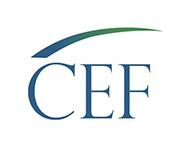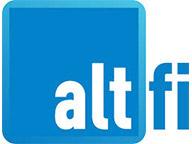Faculty News
—
In a contributed article, Professor Tensie Whelan highlights the Center for Sustainable Business' research, in partnership with IRI, on sustainability-marketed products
—

Excerpt from Corporate Eco Forum blog -- "We found that products marketed as sustainable are driving product and category growth; in fact, that they delivered 50.1% of the growth in the packaged goods market growth from 2013-2018!"
Faculty News
—

Excerpt from Corporate Eco Forum blog -- "We found that products marketed as sustainable are driving product and category growth; in fact, that they delivered 50.1% of the growth in the packaged goods market growth from 2013-2018!"





















